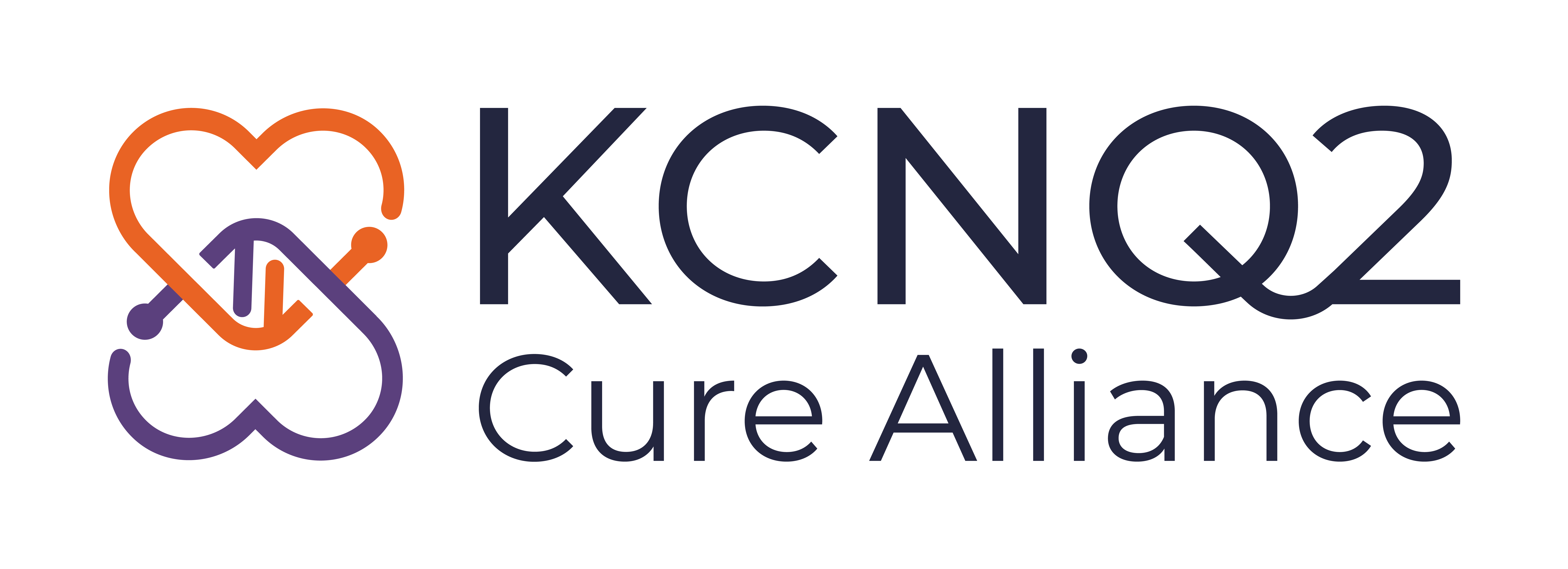The Power of a CRID for Every KCNQ2 Family

Living with KCNQ2-related disorders means navigating a world of challenges—seizures, developmental hurdles, motor difficulties, behavioral complexities, and more. For those of us in the KCNQ2 community, the urgency for better treatments and brighter futures is personal. We want answers, and we want them now. But one major roadblock is that our community’s vital health data is often scattered, unconnected, and underutilized.
That’s where a Clinical Research Identification (CRID) comes in—a simple tool with the power to transform KCNQ2 research. Every KCNQ2 patient needs one, and here’s why.
What is a CRID?
A CRID is a unique, 8-character code that acts like a secure bridge, linking a patient’s medical and research data across different platforms without revealing personal information. Imagine it as a “research key” that ties together your loved one’s health records, study participation, or clinical trial data into a single, anonymous profile. The CRID system support GDPD compliance and is in multiple languages.
Why a CRID is Essential for KCNQ2 Families
KCNQ2 Cure Alliance has teamed up with Citizen Health to harness the power of data for our community. A CRID is a cornerstone of this mission, and here’s how it makes a difference:
- Maximizes every data point. KCNQ2 is rare, so every seizure log, genetic test, or developmental assessment is precious. A CRID ensures this information is connected, preventing it from being overlooked or repeated unnecessarily.
- Reflects our diversity. Every KCNQ2 patient is unique—some face relentless seizures, others have milder symptoms; some communicate verbally, others don’t. A CRID helps researchers spot trends across these differences, guiding the development of targeted therapies.
- Accelerates research progress. Finding eligible patients for clinical trials is a bottleneck. A CRID streamlines this process, helping researchers quickly identify participants so trials can start sooner.
- Safeguards your privacy. We know how critical privacy is. A CRID connects data securely without exposing names or sensitive details, giving you peace of mind.
- Tracks changes over time. By linking data across studies, a CRID provides a clearer picture of how KCNQ2 symptoms evolve, offering insights that are critical for long-term research.
- Reduces research waste. Without a CRID, a patient in multiple studies might be mistaken for different individuals, muddying the data. A CRID ensures each patient’s story is counted accurately and impactfully.
- Builds a foundation for tomorrow. As new treatments like gene therapies approach, robust, connected data is essential to prove their safety and effectiveness. A CRID lays the groundwork for this future.
Your Privacy is Protected
We take your trust seriously. CRID data is encrypted and stored on secure systems, ensuring your personal information remains private and is never shared or sold. Learn more at Citizen Health Privacy.
Getting a CRID is quick and easy—follow the steps below to join the effort.
How to Get Your CRID
- Go to TheCRID.org
- Create your unique 8-character code (letters or numbers)
- Share it with research studies, and Citizen Health
How to Link Your CRID with Citizen Health
- Visit Citizen Health and sign up or log in
- Go to your profile settings
- Add your CRID to connect your data
Your CRID Fuels Progress
Every CRID strengthens the KCNQ2 research ecosystem. By using a CRID and joining Citizen Health, you’re helping create a powerful, harmonized dataset that reduces the burden on families while driving breakthroughs. Your contribution could spark the next big discovery.
Need help? Reach out to Citizen Health at support@citizen.health.
For a rare condition like KCNQ2, a CRID is a game-changer. It unites our community’s data, amplifies our impact, and brings us closer to the treatments our loved ones deserve. Every KCNQ2 patient needs a CRID—it’s a small step that could lead to giant leaps forward.
